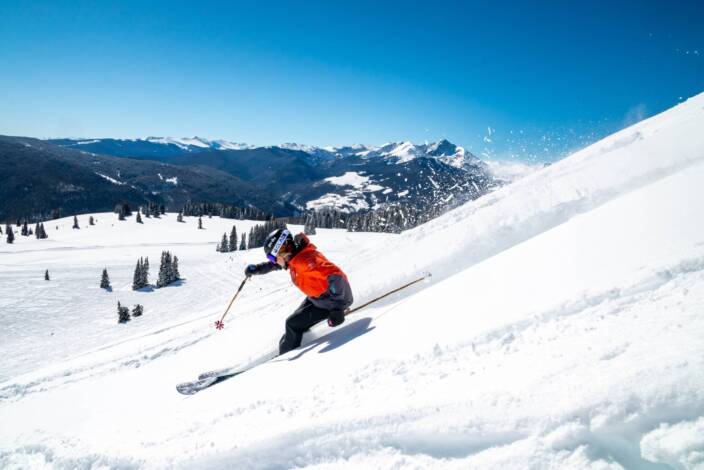
Cannabis Tourism: Why it Should Be on Your Radar
October 19, 2021 Marsha Mowers
Cannabis has been legal in Canada since 2018 when PM Justin Trudeau made simple possession no longer a crime. It’s something he said was crafted after his late brother Michel’s arrest for a couple of joints shortly before his death in 1998.
The drug has a bit of a stigma to it – there are studies which show it’s less harmful than alcohol yet smoking a joint somehow equates you with being a lazy “stoner.” Meanwhile, going to a trendy establishment and having a few drinks (or more) is acceptable.
But with legalization comes a new acceptance; pot shops are popping up in most neighbourhoods across the country, we officially have the “ok” to use it. It’s perhaps a natural progression that cannabis is now making its way into the tourism industry, boosted by great supporters such as New Heights Cannabis, HiBnb and, in perhaps a big sign of mainstream acceptance, The Tourism Industry Association of Ontario (TIAO) who is a visionary partner of the upcoming New Heights Cannabis Tourism Summit on October 25.
“People are looking for a way to integrate cannabis into their daily lives in a safe, responsible and legal way now and now that it’s legal, they’re looking for new ways to enjoy it,” says Elizabeth Becker, founder of HiBnb, an innovative start-up dedicated to helping cannabis loving travellers find the right play to “stay, play and get hi.”
“People really want to socialize, and they want to be physically active; they want to travel and enjoy cannabis without feeling like they have to smoke in a back alley or smoke at the bottom of a of a stairwell, because that’s not what legal should be.”
One company that’s helping Becker end the stigma is New Heights Cannabis, where founder Jennifer Mason, says that while Canada is progressing, there is still a lot to be done to capitalize on this growing niche market. One example is changing the laws to allow for “farm gate” stores, which allow the purchase of weed after a tour, similar to the way we can buy wine after a winery tour.
“Ontario’s more advanced than most other provinces and I believe there’s only three or four farm gate stores open right now in Ontario. Wouldn’t it be great if you could do a weed tour and you could have the same experience as a winery – see, taste, feel smell touch the plant and then take it home with you.”
Mason and Becker agree that part of the normalization is overcoming some of the stigma through education and tourism is one aspect of that. HiBnb says their target demo is the millennial professional who enjoys cannabis many times a week yet prioritizes a healthy lifestyle and wants convenience. Yet rather surprisingly, customers at dispensaries are skewing older – statistics are showing that half are over the age of 55.
“We refer to it as the legacy market – people for who it’s been illegal for so long, and now it’s kind of exciting for them that it’s legal and they are starting to explore new and fun ways to experience it.”
Mason says in terms of the profiles of tourist targets for Canadian Cannabis Tourism in general, it remains to be seen.
“Currently we are only able to reference US data on canna tourist profiles (California & Colorado mainly). We are aiming to shed light on this when we have the data back from our survey – the 1st Canadian Cannabis Tourism Research Study will be published in early 2022.”
The New Heights Cannabis Tourism Summit is happening virtually on October 25 from 9:00am to 4:20pm (clever!) and will demonstrate the massive growth opportunity for recreational cannabis experiences to drive tourism recovery and growth in Canada. To learn more about the conference and to register, click here.
About the Author

Marsha Mowers made the move to editorial side of travel after many years working in destination marketing where she represented places such as NYC and Las Vegas. Her experience on “both sides” of the industry has put her in a unique position to provide valuable context to both readers and trade partners. Marsha also serves as Director of Content for TravelPulse Canada















